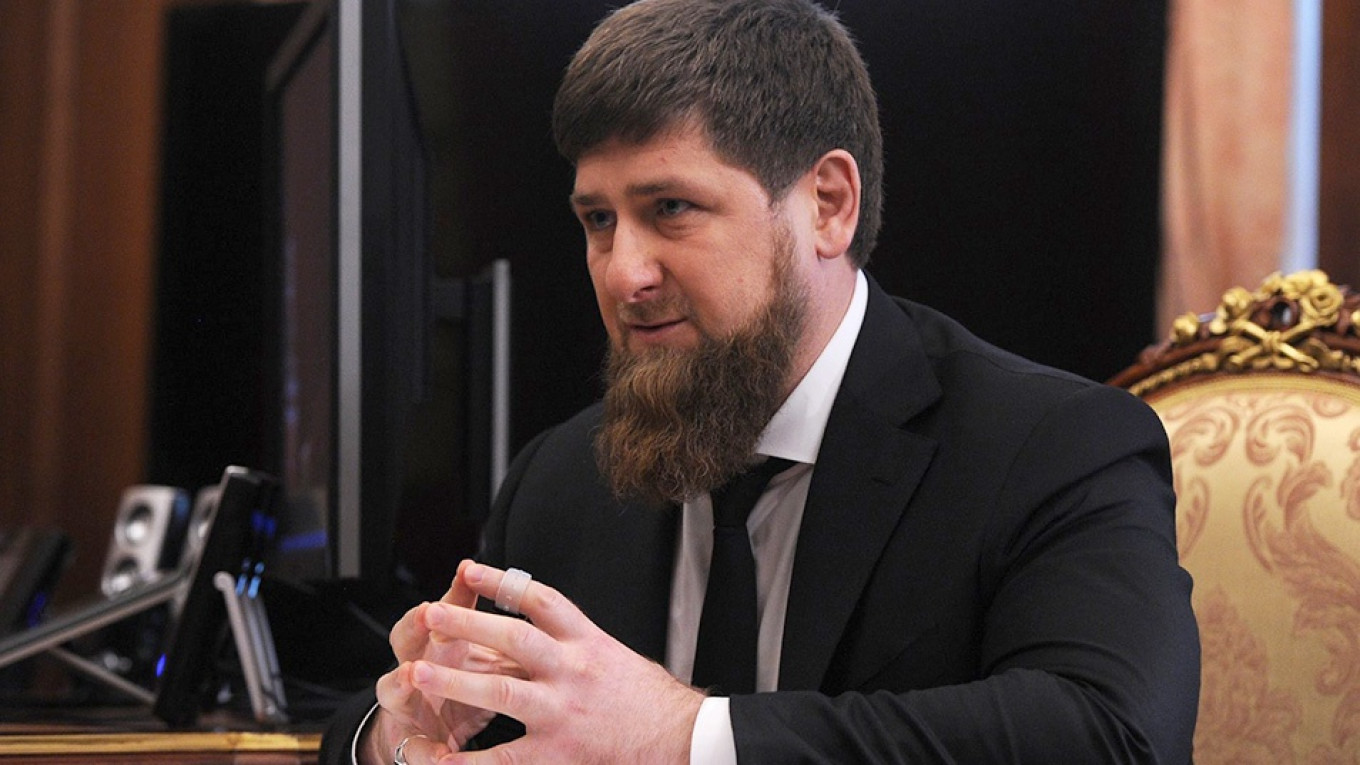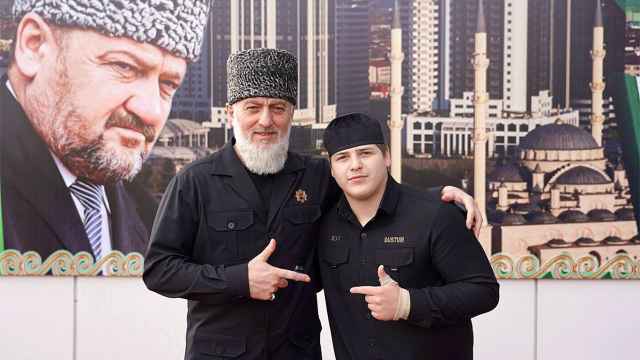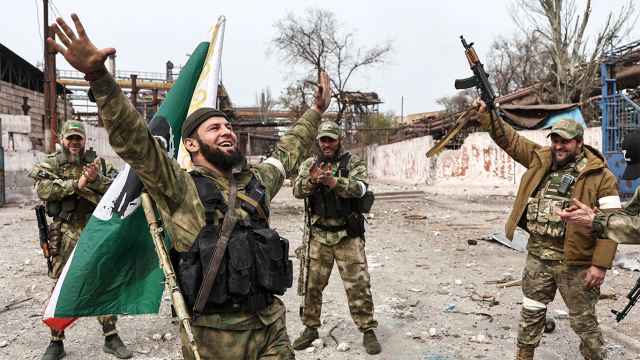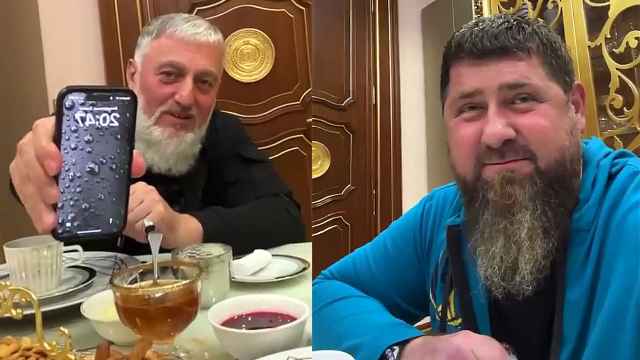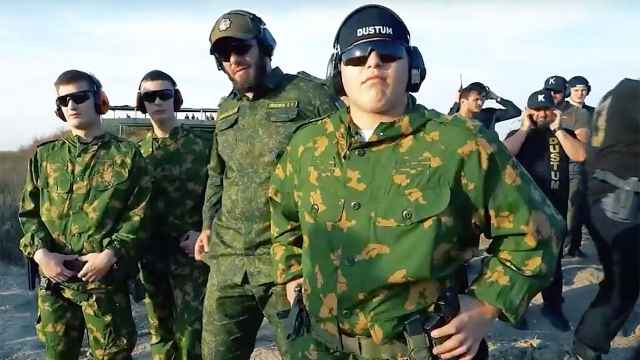Chechnya's leader has pledged to ban human rights activists from the Russian region, after being repeatedly accused of overseeing systematic rights abuses.
Addressing law enforcement officers in a video released on Thursday, Kadyrov said he would impose "sanctions" against rights advocates because they were "preventing our people from living in peace."
"They have only one goal: to do us harm," Kadyrov said, adding that activists would be banned from entering the region after the trial of prominent rights advocate Oyub Titiev ended.
Activists have been visiting Chechnya to attend the trial of Titiev, who runs the office of the Memorial Human Rights Centre in Chechnya.
He was arrested earlier this year on suspicion of possessing cannabis in a case critics say was fabricated and aimed at silencing him.
When asked to comment on Kadyrov's pledge to ban activists, the Kremlin on Friday said his words may have been taken out of context.
"Here we need of course to distinguish between different human rights activists," Kremlin spokesman Dmitry Peskov told reporters on a conference call.
"Many human rights activists serve very necessary functions and are deservedly respected."
Chechnya has been ruled by Kadyrov since 2004. Rights groups and Western governments allege that authorities repress political opponents, discriminate against women and persecute sexual minorities, all allegations that Chechnya's leaders deny.
Critics say Moscow has turned a blind eye to abuses in Chechnya, where it fought two wars against separatists after the 1991 break-up of the Soviet Union. In return for broad autonomy and subsidies, Kadyrov's administration is loyal to Moscow.
Memorial has angered Chechen authorities by monitoring disappearances, torture and punitive house burnings in the region.
Titiev's predecessor, Natalia Estemirova, was kidnapped and shot dead in 2009. Nobody has been convicted of her killing.
A Message from The Moscow Times:
Dear readers,
We are facing unprecedented challenges. Russia's Prosecutor General's Office has designated The Moscow Times as an "undesirable" organization, criminalizing our work and putting our staff at risk of prosecution. This follows our earlier unjust labeling as a "foreign agent."
These actions are direct attempts to silence independent journalism in Russia. The authorities claim our work "discredits the decisions of the Russian leadership." We see things differently: we strive to provide accurate, unbiased reporting on Russia.
We, the journalists of The Moscow Times, refuse to be silenced. But to continue our work, we need your help.
Your support, no matter how small, makes a world of difference. If you can, please support us monthly starting from just $2. It's quick to set up, and every contribution makes a significant impact.
By supporting The Moscow Times, you're defending open, independent journalism in the face of repression. Thank you for standing with us.
Remind me later.


